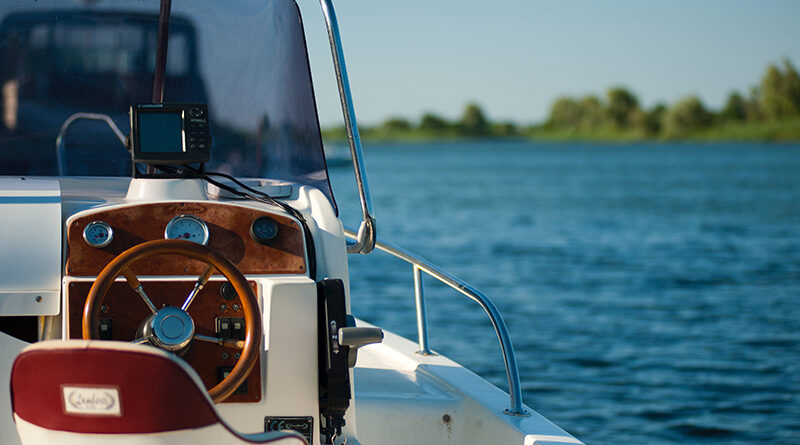Boating Boots Happiness
Did you know that being on a boat elevates psychological and physiological health and wellness?
Research has indicated that being near the water, participating in water-based activities or simply spending time in aquatic environments can positively affect mental well-being, leading to greater relaxation and happiness. Numerous studies have explored the topic, but environmental psychology, which investigates the relationship between individuals and their surroundings, provides much of the relevant research.
First, there is the Blue Mind Theory. Dr. Wallace J. Nichols, a marine biologist, introduced the concept of in his book “Blue Mind: The Surprising Science That Shows How Being Near, In, On, or Under Water Can Make You Happier, Healthier, More Connected, and Better at What You Do.” According to MI Blues Perspective, “Blue Mind is the mildly meditative state people fall into when they are near, in, under or on water. Water positively affects the mind and body, and the Blue Mind Theory provides ways people can use water to improve their well-being. Blue Mind is the term used to describe the state of water-associated peace.”
Various studies have examined the general connection between nature and well-being. Being near water often falls under this umbrella. A study published in the journal “Environmental Research” in 2019 found that spending at least 120 minutes per week in nature, including near water bodies, was associated with better health and well-being. Research published in the “Health & Place” journal in 2016 found that living closer to the coast is associated with better mental health. The study, conducted in New Zealand, suggested that individuals residing in coastal areas had lower levels of psychological distress.
A study published in the “Journal of Coastal Zone Management” in 2012 looked into the psychological benefits of boating. The findings suggested that recreational boating can reduce stress and increase overall well-being. The practice contributes to stress reduction and improves overall well-being through various physical, psychological and social mechanisms, such as exposure to vitamin D, creating a sense of adventure and seeing new places, engaging in physical activity and social interaction, and more.
Additionally, research published in the “Journal of Happiness Studies” in 2014 examined the relationship between water-based recreation and happiness. The study found that engaging in water-related activities was associated with higher levels of satisfaction.
While the findings in the studies vary, all suggest a positive connection between water proximity and mental health. Additionally, ongoing research in environmental psychology continues to explore the intricate relationship between nature, water and well-being.


